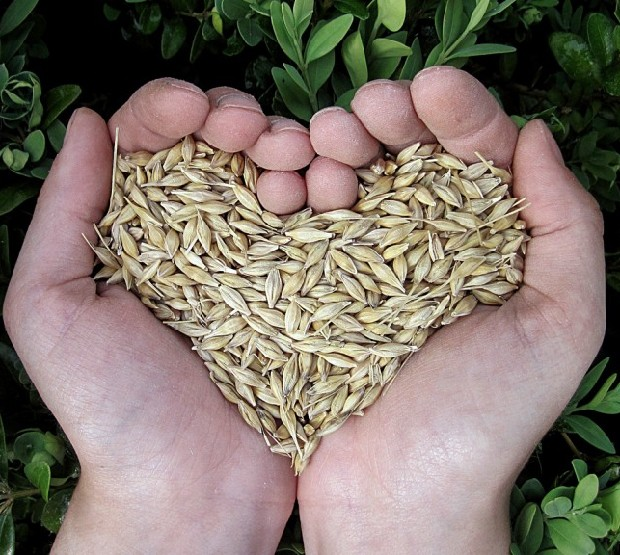Who has not ever suffered a muscle cramp while playing sports or doing some physical exercise?
Although, the exact cause of these unpredictable spasms is not currently known, they are surely relateds with overtraining, fluid loss, poor fitness, and electrolyte imbalance.
One of the best ways to relieve them is through stretching, but a correct diet can help us to hpray to avoid them. Here are the nutritional keys to prevent annoying muscle cramps:
Maintain a water balance. Cramps tend to coincide with dehydration, since a deficient supply of fluid could cause muscle cramps due to excess electrolytes in our cells. However, cbe careful! an excessive intake of fluids could also cause them, due to the deficit of electrolytes. The key is to drink an adequate amount of fluids every day. As a general recommendation (depends on many factors)tores such as weight, type of training, temperature, humidity ...) drink small doses of water during short workouts and isotonic drinks in longer workouts.
A diet rich in minerals:
- Calcium plays an essential role in muscle contractions. Some athletes claim that the problem of muscle cramps disappears when youthey keep their calcium intake. Orange juice, calcium-enriched soy milk, green leafy vegetables, figs, nuts, legumes ...
- Potassium A lack of poTasium can play a role in muscle cramps. The key is to eat foods rich in potassium every day. Bananas, avocados, carrots, legumes, nuts, kale, beets ...
- Sodium. Athletes who restrict their intake of sodium (salt), despite losing a significant amount of this mineral through sweat, run the risk of suffering an imbalance that can contribute to cramps. This circumstance ismore likely in athletes with diets usually low in sodium and who exercise vigorously for more than four hours in a hot environment such as tennis players, triathletes and long-distance runners. Seafood, blue fish, some seehard like chard and celery and miso.
- Magnesium. Just as muscles need calcium to contract, they also need magnesium to relax. The best sources of magnesium are vegetables, grains integrales, nuts and legumes.
- Foods rich in Vitamin E. It is an antioxidant vitamin that stops free radicals that may be accumulating in muscles exhausted by exertion and be the cbecause of the cramps . Avocado, oatmeal, blackberries, blueberries, almonds, oil ...
So, in summary, cramps can be avoided with a good warm-up and subsequent cool-down after exercise.And above all, eating a correct and balanced diet so that the nutrients that the body needs during physical activity are not lacking.






